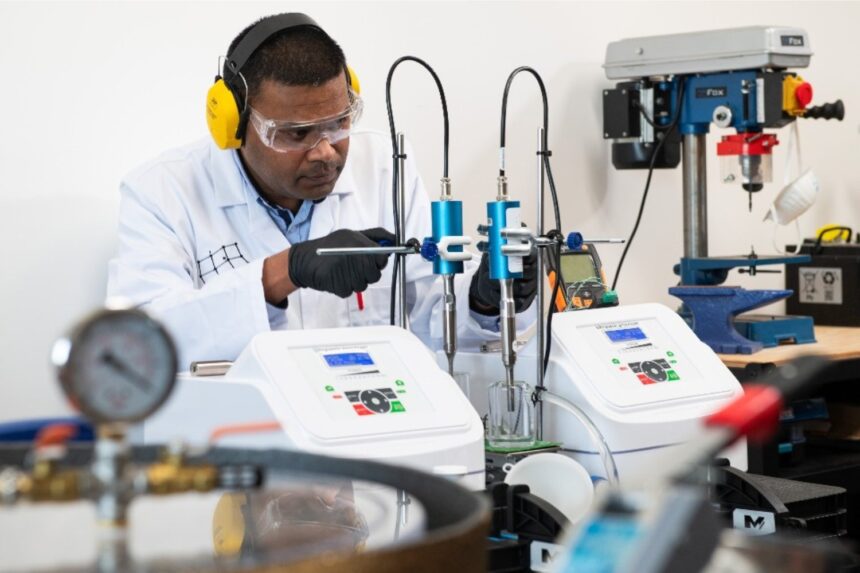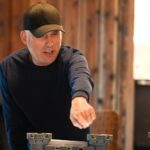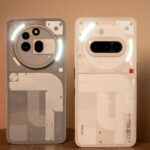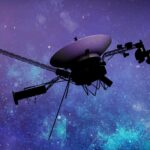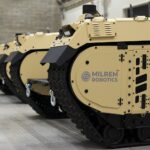NASA’s Artemis mission aims to build the foundations of long-term human presence on the Moon by the end of the decade. To achieve this aim, space agencies have to go back to the fundamentals of human survival: food, water, and shelter. In that spirit, a team of researchers from a British tech company has won £150,000 ($194,070) for developing an innovative system to provide clean drinking water on the Moon.
Their SonoChem System won first place in the international Aqualunar Challenge, a competition funded by the UK Space Agency and organized with the Canadian Space Agency and others. The challenge seeks to propel technological innovation for future lunar habitation, specifically in regard to accessing clean drinking water on the Moon. The UK Space Agency announced the winners in a statement published Thursday.
“Astronauts will need a reliable supply of water for drinking and growing food, as well as oxygen for air and hydrogen for fuel,” Meganne Christian, chair of the Aqualunar Challenge judging panel, said in the statement. “5.6% of the soil (known as ‘regolith’) around the Moon’s south pole is estimated to be water frozen as ice. If it can be successfully extracted, separated from the soil and purified, it makes a crewed base viable.” Christian is also the Reserve Astronaut and Commercial Exploration Lead at the UK Space Agency.
Led by Lolan Naicker, technical director at Naicker Scientific, the first-place team developed a type of lunar microwave that purifies water extracted from lunar ice. Simply put, the SonoChem System uses sound waves to form bubbles in the lunar water, within which high temperature and pressure create unstable, chemically reactive atoms called free radicals that decontaminate the water.
“Imagine digging up the soil in your back garden in the middle of winter and trying to extract frozen water to drink. Now imagine doing it in an environment that is -200°C, a nearly perfect vacuum, under low gravity, and with very little electrical power,” Naicker explained. “That’s what we will have to overcome on the Moon.” He added that if their SonoChem System can successfully function on the Moon, it could also be used on Mars or remote areas on Earth with difficult access to clean drinking water.
The first-place runners-up include a father-and-sons team whose three-step water-filtration method provides constant drinking water, and a team from Queen Mary University of London whose approach harnesses the power of a reactor. The challenge awarded the runners-up £100,000 ($129,380) and £50,000 ($64,690), respectively.
“Many of these ideas could not only fuel future space exploration, but also help improve lives and solve water shortages here on Earth—mitigating the impacts of climate change as we work towards a net zero future,” said Patrick Vallance, the UK’s Science Minister.
Bit by bit, technologies like the SonoChem System are turning sci-fi into reality. Clavius Base from 2001: A Space Odyssey, anyone?
Read the full article here

